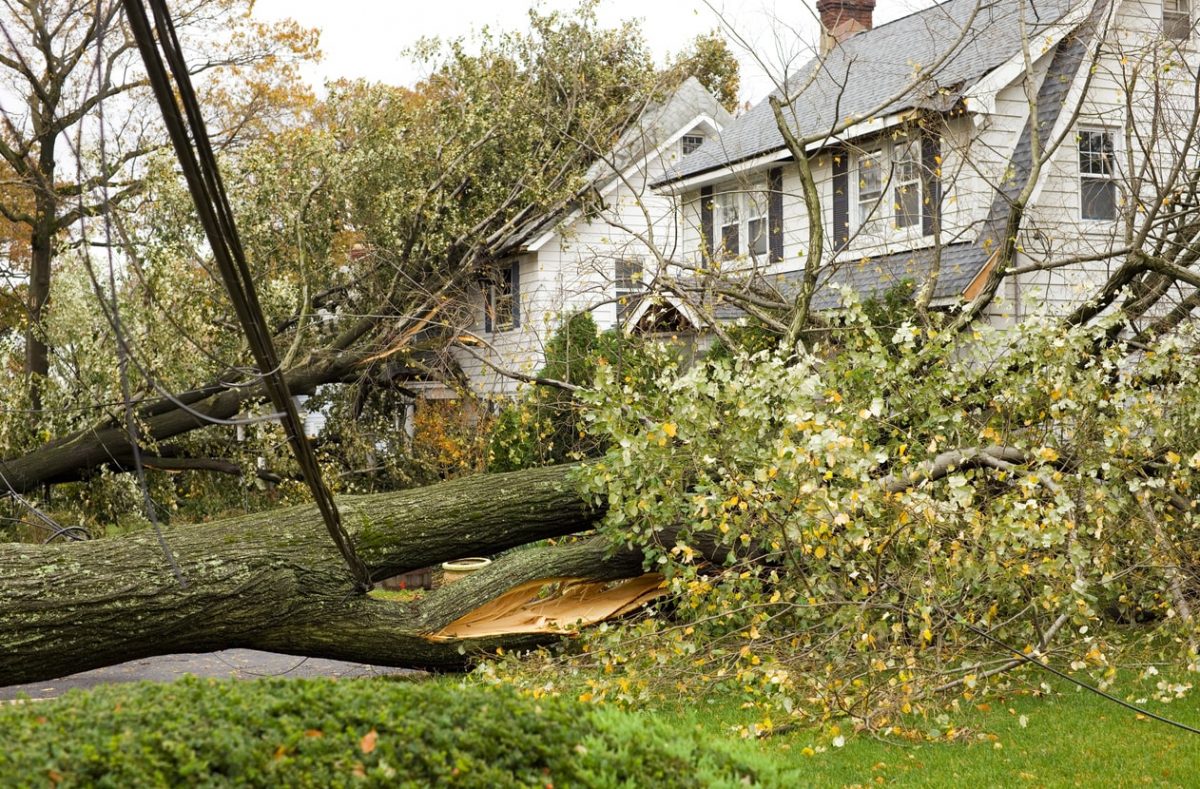November 1, 2019
Finishing the deal between a buyer and seller for a home is an intensive process that includes plenty of paperwork, walkthroughs, and other real estate professionals to help make things go by smoothly. While the goal is to keep everything above board and moving at an efficient pace, there is always the risk that something will be damaged in the process, especially with multiple people coming in and out. If there is physical damage assessed during this process, it’s important to know who is responsible and what a buyer or seller can do.
Defects and deficiencies that are found before the final stage of the closing deal will usually have the effect of stopping the sale in its tracks if they’re harsh enough. While a typical real estate transaction includes a few bumps in the road, things usually get straightened out without too much of a hold-up. But if there is physical damage applied to the property, the buyer will have the option to stop the sale and discontinue moving forward if they so choose. They even have it within their rights to sue the real estate agent if they caused the damage somehow.
That being said it’s important for real estate professionals to know where they stand legally in this process, see the value of coverage like real estate liability insurance, and know what a buyer or seller can do so they can make the right decisions.
For real estate professionals, the laws of the property will vary from state to state. Generally, if the real estate agent acted negligently while showing the house to buyers, and that in turn caused damage to the property, the real estate agent would have a strong suit against them. The real estate company they work for could even be in the crosshairs.
In cases where physical damage is severe, the sale can be stopped. But usually, for minor damage that can be repaired quickly, the process of closing a sale isn’t held up too extensively. Most contracts in the real estate deal will include stipulations surrounding what should be done if unexpected damage occurs during the closing part. For instance, a contract may allow a buyer to collect a portion of the insurance and close on the transaction if the home is completely destroyed.
When a home is damaged but not destroyed entirely, the question of whether or not to continue on with the sale will come down to cost. If damage comes in at less than five percent of the agreed-upon price, then all parties will usually feel fine moving forward, but some contracts may set the cap at a higher rate.
It can also be helpful to have another inspection of the property set up after any damage occurs to see if more extensive damage has been assessed. Whether it’s hail damage, a major storm, flooding, fire—any and all damaged needed to be looked at to see how far it has reached. Flooding, for instance, is more than just high standing water. It can provide structural damage that be not apparent right away.
About Associations Liability Insurance Agency (ALIA)
The ALIA Team (part of the Riverton Insurance Agency Corporation), specializes in helping real estate professionals find the affordable and comprehensive liability insurance they need, without the hassle. ALIA dates its roots to 1991 with the founding of FREA, Foundation of Real Estate Associates. In 2013, ALIA was created to work with multiple insurance companies thereby broadening the portfolio of products to customers. For more information about our products and services, contact us today at (800) 882-4410.


